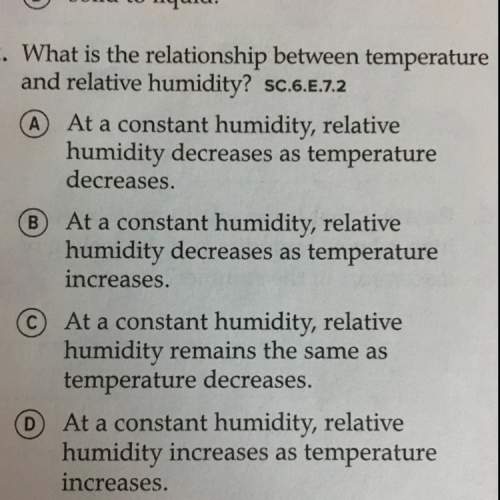
Biology, 15.02.2020 02:09 gladyscasper44
An article in Information Security Technical Report, "Malicious Software—Past, Present and Future" (Vol. 9, 2004, pp. 6–18), provided the following data on the top 10 malicious software instances for 2002 (Fig. below). The clear leader in the number of registered incidences for the year 2002 was the Internet worm "Klez," and it is still one of the most widespread threats. This virus was first detected on October 26, 2001, and it has held the top spot among malicious software for the longest period in the history of virology. Suppose that 23 malicious software instances are reported. Assume that the malicious sources can be assumed to be independent. Round your answers to two decimal places (e. g. 98.76).
(a) What is the probability at least 4 instances are "Klez"?
(b) What is the probability that 4 or more instances are "Klez"?
(c) What is the mean and (d) standard deviation of the number of "Klez" instances among the 23 reported?

Answers: 3
Another question on Biology

Biology, 22.06.2019 00:30
Experiments in environmental toxicology can sometimes be manipulative experiments in which the researcher actively chooses and manipulates the independent variable. in hunt's study, for example, dosages of bpa were manipulated and the effects were measured. in manipulative studies, the researcher controls all the other variables in the experiment, so any health effects observed in the test subjects can be attributed to differences in the independent variable. in other cases, researchers use natural experiments in which the dependent variable (typically a measure of organism health) is measured under differing contexts that are not manipulated. say, for example, that an accidental chemical spill contaminates five ponds. to determine the possible effects of the toxic chemical on frogs, a researcher could compare the hatching rate of frog eggs laid in those five ponds to the hatching rate of eggs laid in five uncontaminated ponds nearby. this would be an example of a natural experiment because concentrations of the toxic chemical in the ponds were not controlled by the experimenter, but rather resulted from the chemical spill. drag type of experiment on the left to the example of experiment on the right. blood concentrations of bpa in college students are compared to their recent manipulative consumption of canned food items 2. the feeding behavior of fish in streams that receive acidic runoff from strip mines is compared to the feeding behavior of fish in unaffected streams. the deformity rate in baby birds from nests in pesticide-sprayed fields is compared to the deformity rate in birds from nests in unsprayed fields 4 tumor development is compared in mice exposed to five dosages of a known carcinogen in the laboratory foraging activity levels are compared in tadpoles exposed to four concentrations of toxic metals in the laboratory. growth of corn plants is compared in field plots sprayed with three different dosage: s of weed killer 7 bpa concentrations in the urine of people with diabetes are compared to bpa concentrations in the urine of people without diabetes - natural; manipulative
Answers: 1

Biology, 22.06.2019 02:30
Plz ! a scientist wants to produce a cow that makes a particular human protein in it’s milk the desired protein causes blood to clot and can be used to treat hemophilia (a blood clotting disorder). which of the following would be best for the scientist to use? a. genetic crosses. b. cloning. c. selective breeding. d. genetic engineering.
Answers: 1

Biology, 22.06.2019 11:30
28. how many linkage groups will be formed by homogametic organism with 28 chromosomes?
Answers: 2

Biology, 22.06.2019 13:00
Astudent completed a lab report. which correctly describes the difference between the "question" and "hypothesis' sections of her report? "question states what she is asking, and "hypothesis" states the result of her experiment "question" states what she is asking, and "hypothesis" states what she thinks the answer to that question is in 'if. then because" format. "question" describes what she is trying to find out, and "hypothesis" states the procedures and methods of data collection. "question" describes what she is trying to find out, and "hypothesis" states any additional information or prior knowledge about the question
Answers: 1
You know the right answer?
An article in Information Security Technical Report, "Malicious Software—Past, Present and Future" (...
Questions

Chemistry, 03.07.2019 10:00


History, 03.07.2019 10:00


History, 03.07.2019 10:00

Chemistry, 03.07.2019 10:00


Mathematics, 03.07.2019 10:00

Mathematics, 03.07.2019 10:00



History, 03.07.2019 10:00



Geography, 03.07.2019 10:00



Biology, 03.07.2019 10:00






